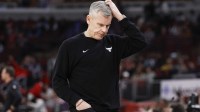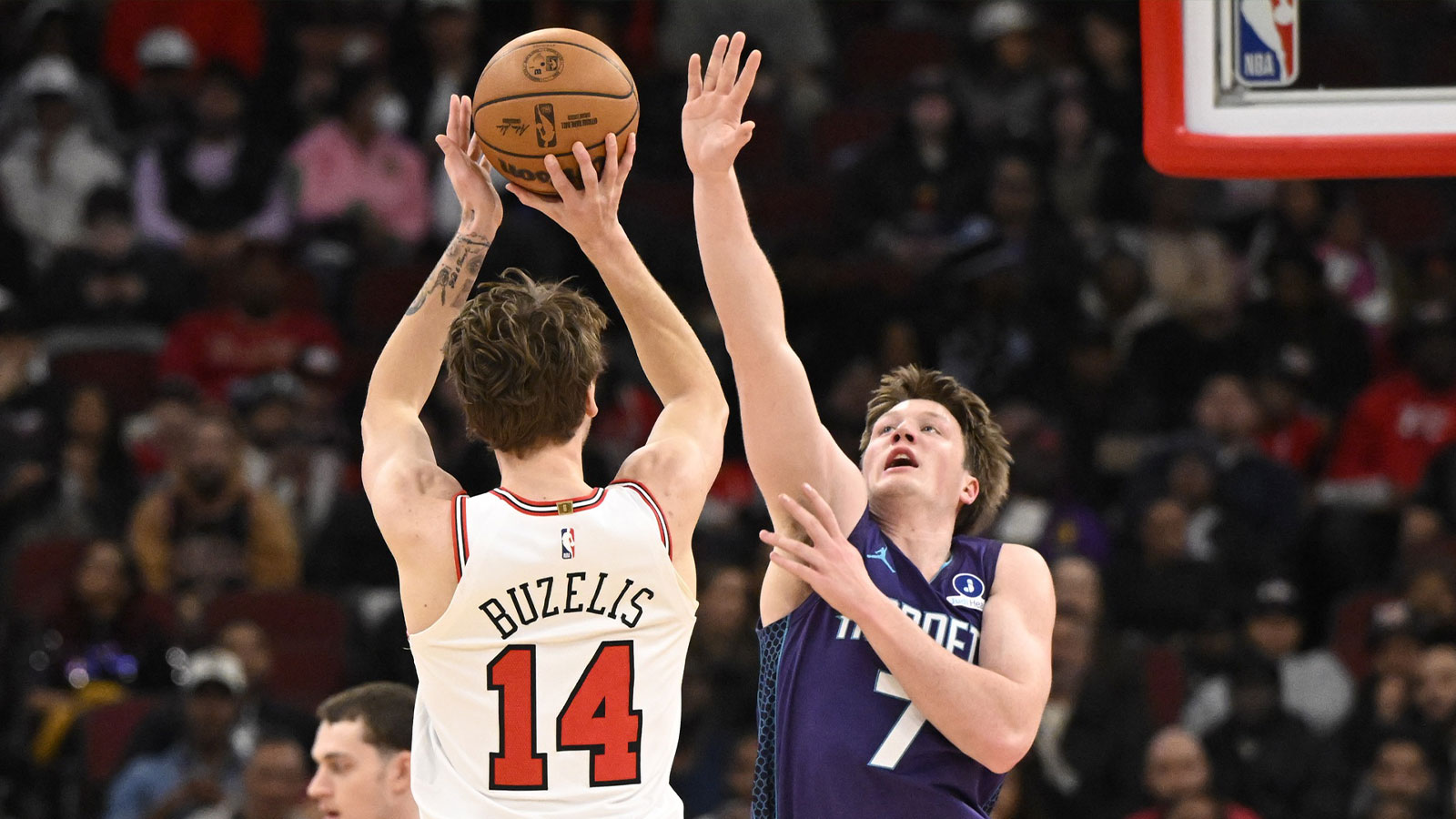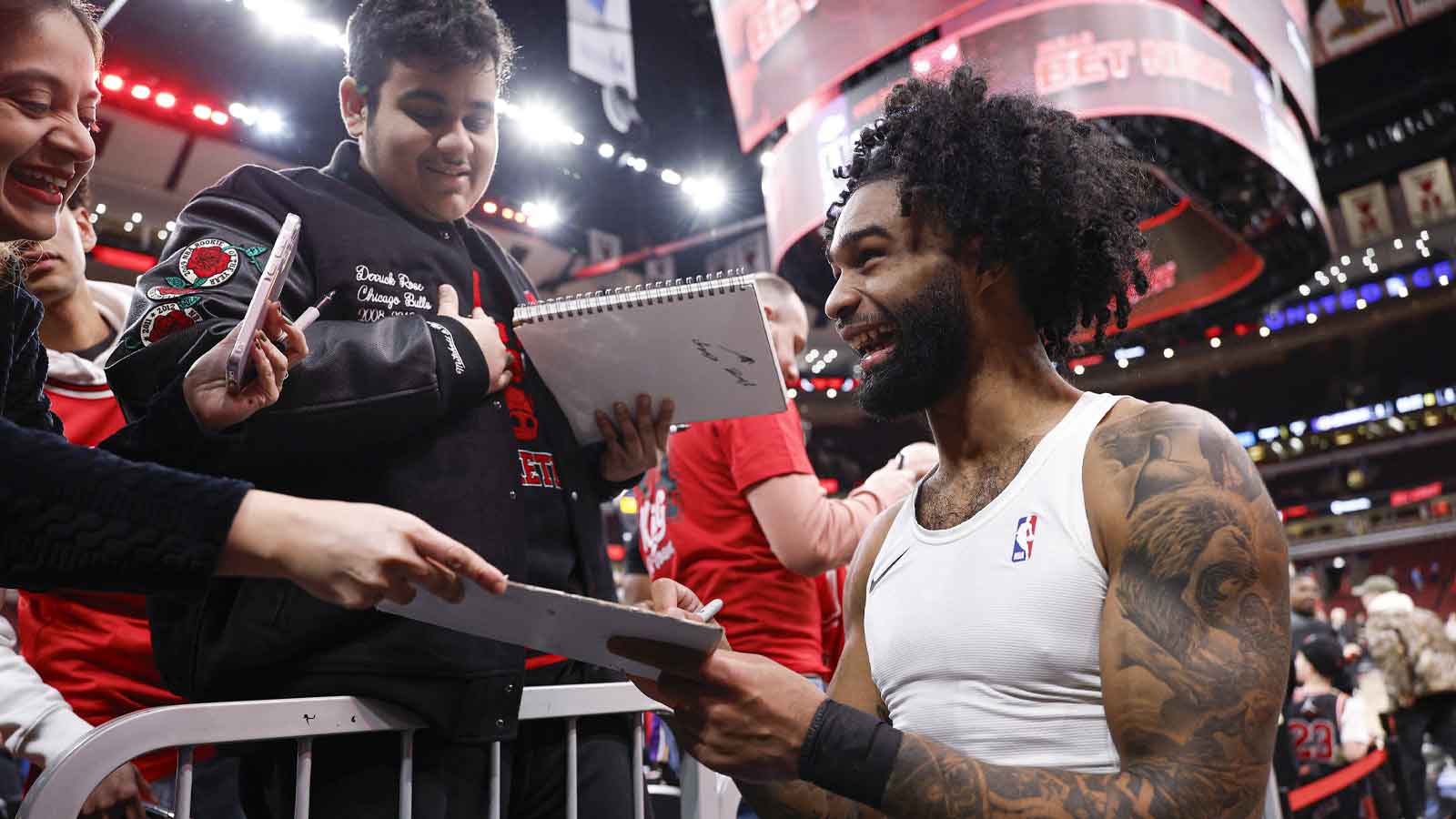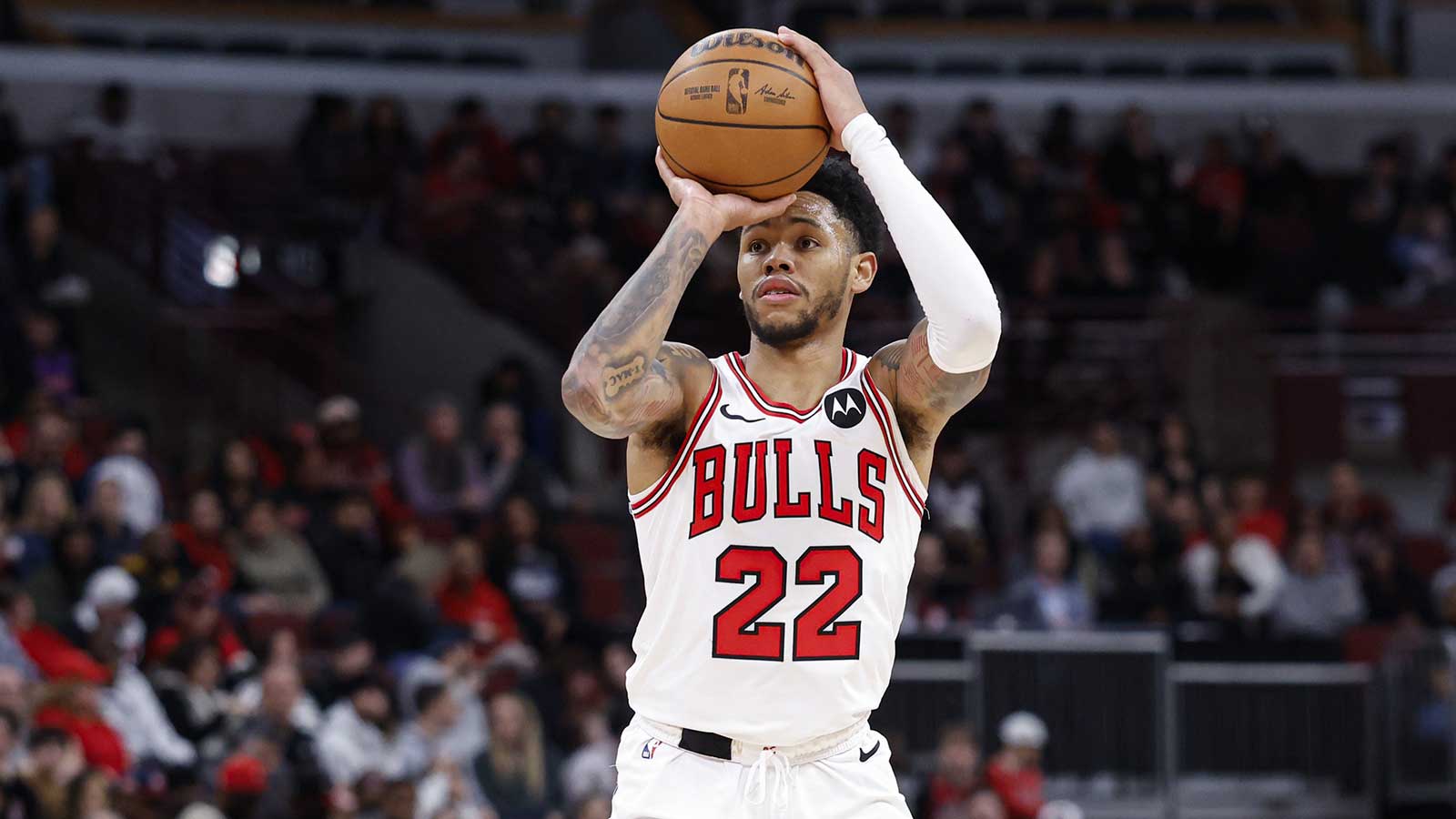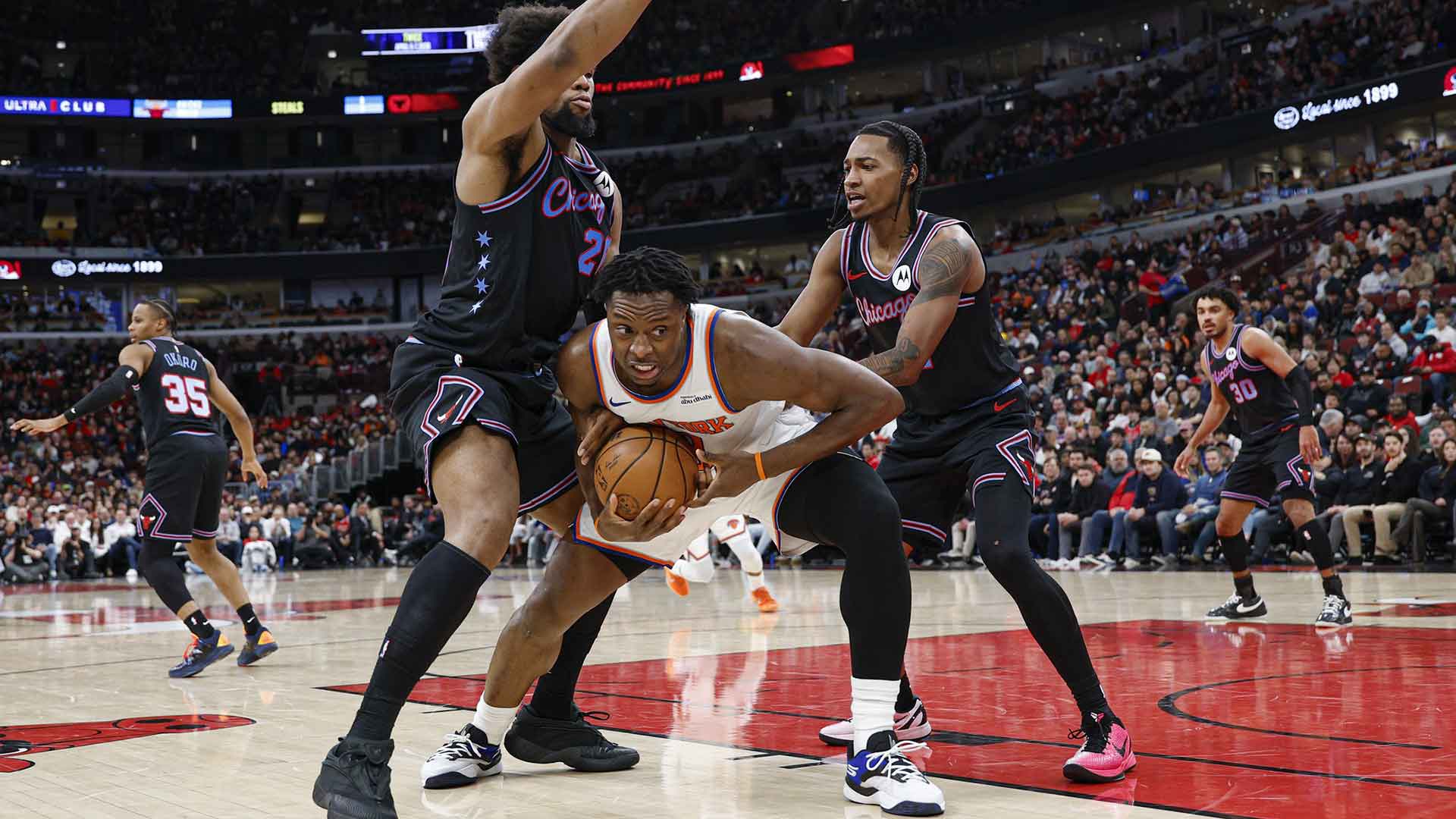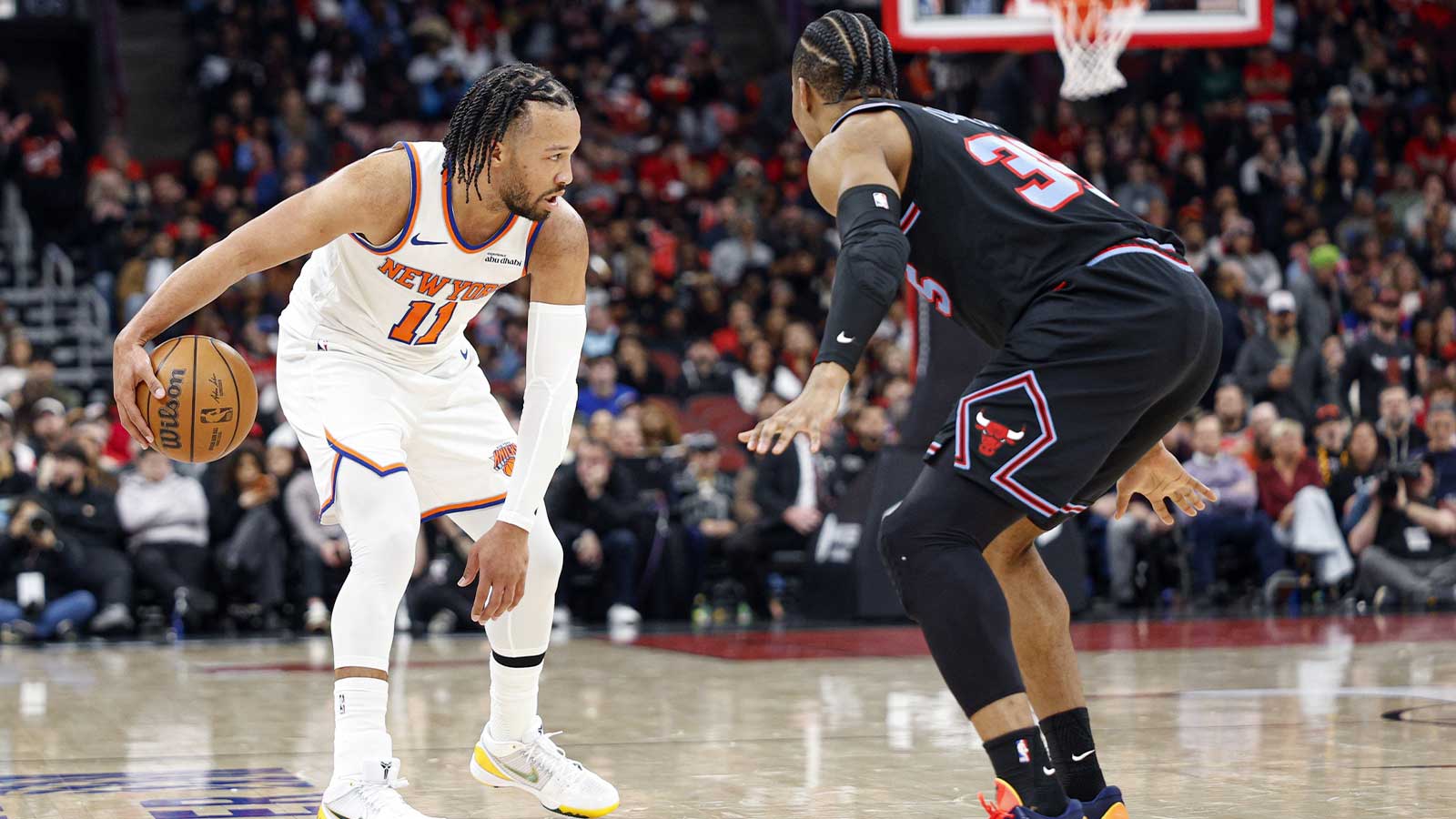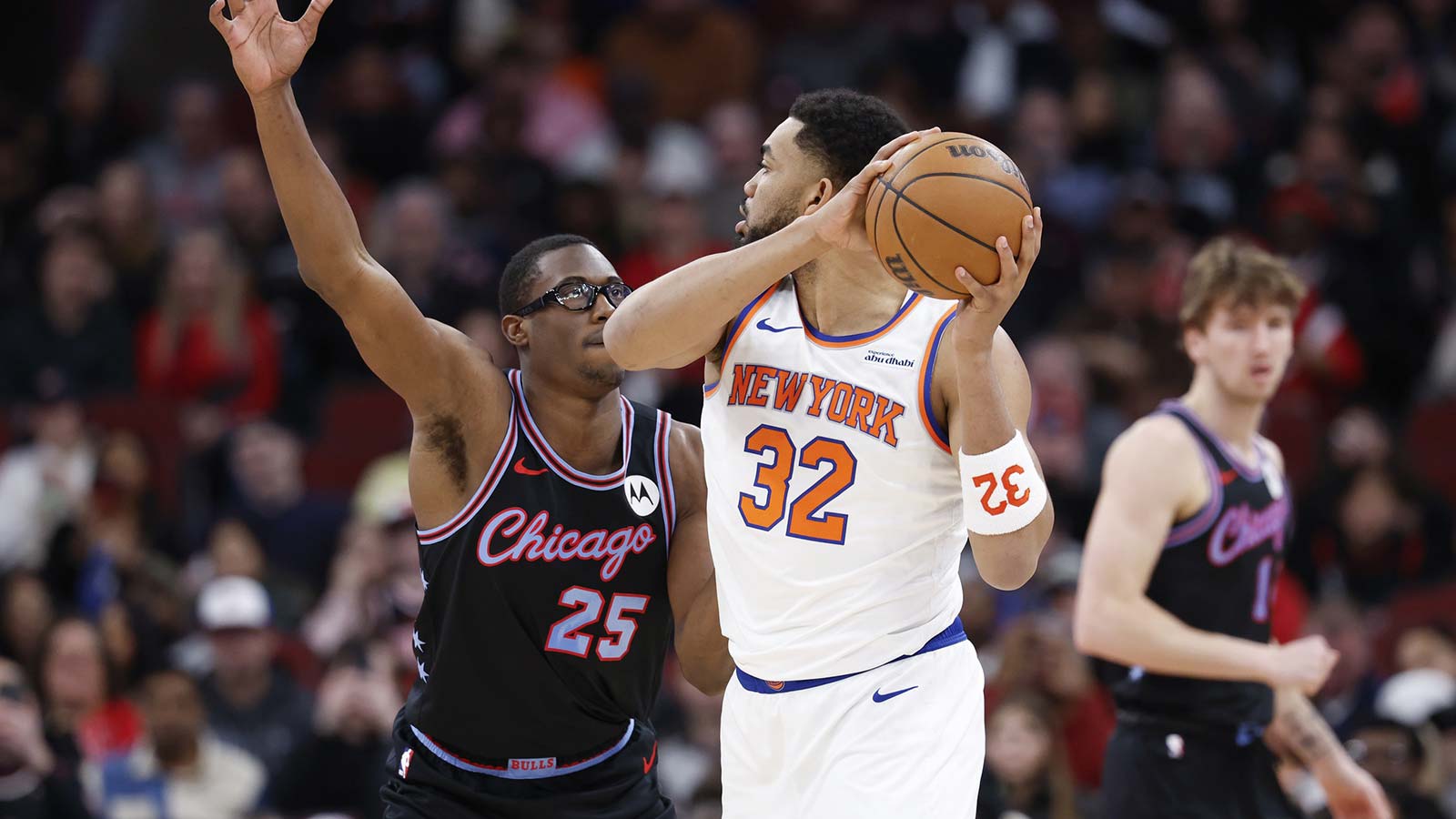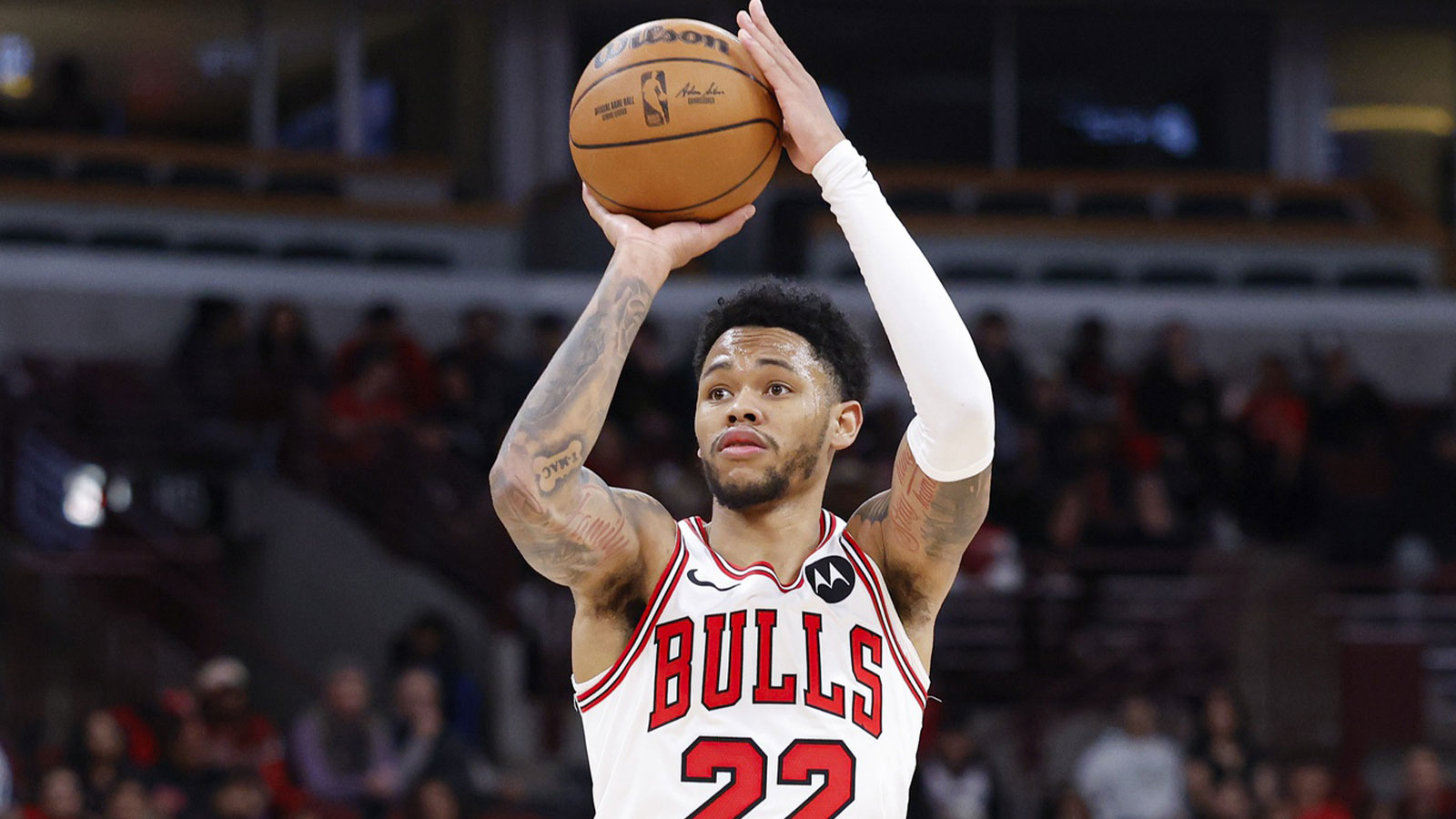If someone had said a few months ago that the Chicago Bulls would be off to their best start since the Derrick Rose era, most would’ve laughed it off as delusion. The organization appeared ready to pivot toward a rebuild. DeMar DeRozan is gone. Zach LaVine’s time in Chicago effectively ended. Lonzo Ball was shipped to Cleveland. The era of banking on veteran scoring was over, and the narrative was clear: This franchise was preparing to bottom out and build from scratch.
Yet here we are, and the Bulls are 6-1. They’ve beaten teams expected to compete. They’ve won games late. They’ve played with identity, a word that felt foreign to Chicago basketball for years. And the most surprising part is that none of this feels fluky.
Josh Giddey has emerged not simply as a smart offseason move but as the central playmaking engine Chicago never truly had before. His near triple-double averages are not empty or accidental; they are the heartbeat of a team that finally has direction. Nikola Vucevic is asserting himself physically again, looking rejuvenated.
Ayo Dosunmu has embraced the aggression many hoped he would. Kevin Huerter has slotted in as the kind of floor spacer and connective guard that stabilizes an offense. And Matas Buzelis is growing quickly while fitting seamlessly beside Giddey’s open-court creativity.
This was not the team that was forecast. The Bulls were supposed to be young, flawed, and patient. Instead, they are young, confident, and ahead of schedule. And when a team finds itself in that position, the question shifts from “How long until we rebuild?” to “How do we accelerate without compromising the core?” That is where the overreaction begins to feel less like a reaction and more like a realistic opportunity.
Why Lauri Markannen is the player for the Bulls?
The most compelling trade target for the Bulls, in this moment, is Lauri Markkanen. Saying that out loud may feel strange given that Chicago once had Markkanen and let him go. But context matters. Markkanen did not fail in Chicago. Chicago failed him.
He was asked to become something he was not ready to be, then shuffled, minimized, and finally moved. His breakout was not a surprise; it was a correction.
Lauri Markkanen is an animal.
His game stats from last night:
31 points / 17 rebounds / 1 big W against the Hawks pic.twitter.com/Nxj2M8l2Wq— Chicago Bulls (@chicagobulls) March 2, 2019
Now, in Utah, he is a fully formed star. His scoring is versatile. His shooting stretches defenses. His physicality has improved. And perhaps most importantly, he is comfortable being a featured option without needing to dominate the ball.
That characteristic is vital alongside a facilitator like Giddey. When the ball moves freely, the Bulls’ offense flows. Markkanen operates within that flow naturally.
The Jazz are quietly entering another long-term repositioning phase. The Bulls, on the other hand, do not need a long-term stockpile; they need the right piece that fits their playing identity and timeline.
Markkanen fits the age curve of Giddey, Buzelis, Dosunmu, and Huerter while adding the offensive versatility of a first-option scorer without having to reshape the system to accommodate him.
In Chicago, Markkanen could step into a role that is already built for him. He would provide spacing for Vucevic’s interior work, maintain open driving lanes for Giddey, lighten the burden on Buzelis, and give the Bulls a closer in tight matchups.
Chicago is already playing with confidence. Adding Markkanen would transform that confidence into legitimacy.
The Bulls should act quickly
The hardest part of an NBA rebuild is identifying when a team is ready to accelerate. Many organizations misread the moment and either push too soon or wait too long. Chicago cannot afford to wait. Giddey is playing the best basketball of his career, and he has shown no signs of hesitation or inefficiency.
Vucevic is performing like a player who has rediscovered his rhythm and interior presence. The locker room energy feels renewed rather than fatigued or uncertain. These windows do not stay open for long.
Waiting risks regression. Waiting risks the market shifting. Waiting risks the narrative turning back toward mediocrity.
This 6-1 start is not merely encouraging; it is defining. The ball movement is cohesive. The defensive rotations are more engaged. The shot distribution makes sense in a way it hasn’t in recent years.
There is rhythm, chemistry, and belief. These are foundational traits, not temporary trends. The Bulls do not look like a team that is winning by accident. They look like a team that has discovered itself.
BULLS. WIN.
THIS TEAM!!!!! pic.twitter.com/BcmasZ3RSM
— Chicago Bulls (@chicagobulls) November 5, 2025
Markkanen is the kind of acquisition that can elevate a strong foundation into a sustainable identity. His presence would not disrupt the dynamic already forming; it would enhance and stabilize it.
For the first time in years, the Bulls do not feel like a team searching for answers. They feel like a team needing only one final piece to unlock everything they are capable of being.
In most seasons, a 6-1 start for a team that was supposed to rebuild might be dismissed as early-season noise. But sometimes, noise is just the beginning of a song. And Chicago, whether the league is ready for it or not, is starting to sound like something real.
If there were ever a moment to rewrite the future, it’s now. And bringing Lauri Markkanen back to Chicago may be the overreaction that turns into the smartest decision the Bulls make all year.



